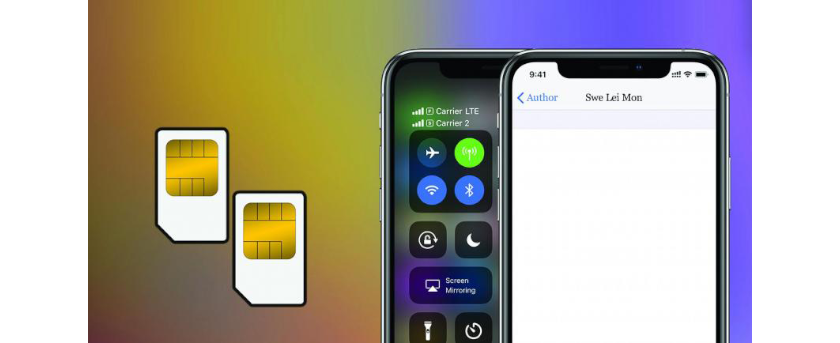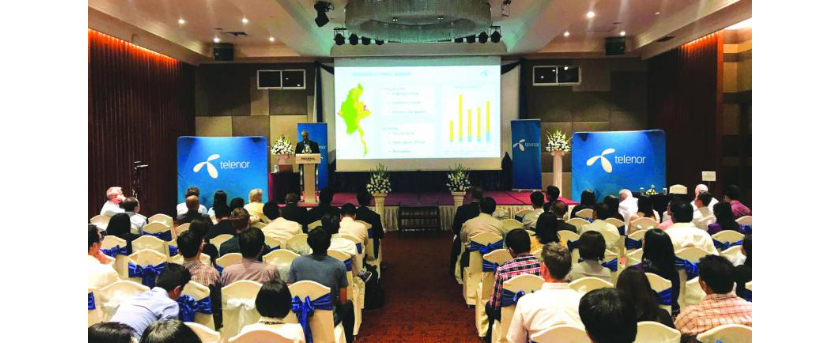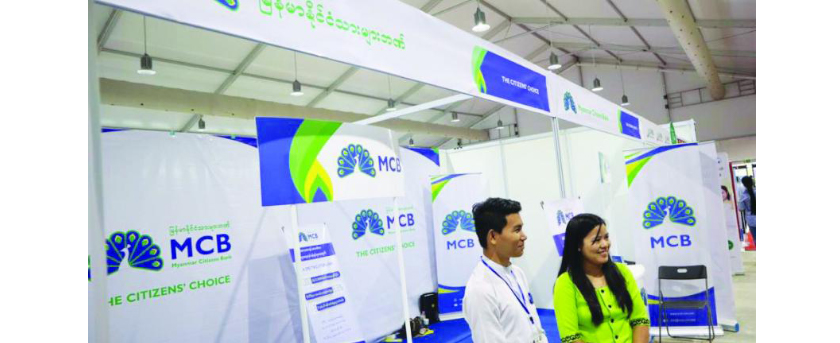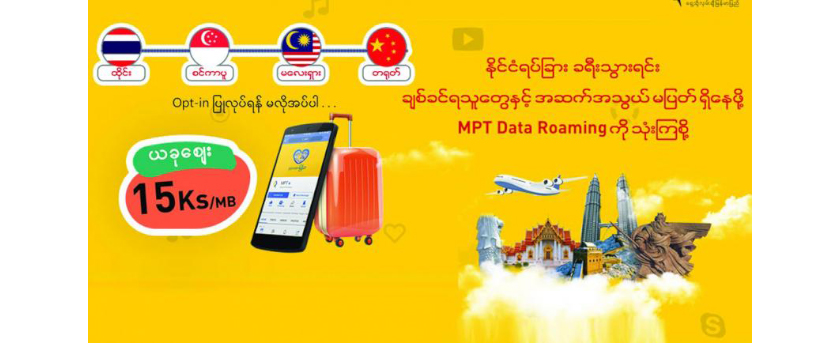
Myanmar News Updated
Highlight Myanmar News

Telecom Operators Allowed to Sell Only 2 SIM Cards Per ID Card
![]() 02/04/2019
02/04/2019
AUTHOR: SWE LEI MON
Telecom operators are not allowed to sell more than two SIM cards to an individual starting from April 1. The purpose of the change is to protect the privacy of users, according to the Department of Post and Telecommunications under Ministry of Transport and Communications. The Ministry has ordered all operators not to sell more than two SIM cards per identity card, and the Ministry will ban all other sim cards from that telecom from being registered under a single ID card. The reason is twofold.
Mobile phones have come a long way. In 2001, a single SIM card cost $3,000. Fast forward to 2019, and you have an example of someone purchasing ten SIM cards for K300 each. The reason for purchasing ten is because the telecom’s SIM card featured a bonus 1GB data pack and calling minutes, a value well above the SIMs purchase price of K300. This is an example of abuse of the promotion, and one reason why experts have urged the government to regulate the system.
On the other hand, many people in Myanmar are using more than two sim cards at a time. The reason is based simply on the need to save as much money as they can. They will often switch the sim cards out based on various promotions being offered from telecom operators. This is an example of market forces at work, where consumers drive the prices for goods and services. However, this should remain unchanged with the new order on purchasing SIMs. The assumption is that a consumer can still buy 8 SIM cards in total with their ID card, two from each telecom, but will be banned from purchasing more than two from a single telecom.
The second reason — and more importantly — for the change is to have greater security.
Back in 2016, the Ministry of Transport and Telecommunication urged consumers to register their SIM cards by showing an identity card such as a drivers license or passport when purchasing a SIM at a mobile shop.
However, most people did not comply with the directive from the Ministry because they don’t want to go back to the mobile shop in person to register, or they thought the process of registering online was too complicated.
Because of the forces of market competition, companies wanted to make it easy for consumers to buy from them instead of another company, so they would register all the SIM cards themselves under a single identity card.
Naturally, this causes difficulties for the government with security measures and in protecting people’s privacy. How so? With a pre-registered SIM card, you can easily set up an anonymous Facebook account under a pseudonym. The practice has been blamed for hate speech and inciting riots through fake accounts on Facebook.
Rightly so, the government would like to crack down on this loophole to prevent further security issues.
The ministry is now advising people not to buy SIM cards from street vendors who are mass registering SIM cards under random IDs. The ministry will also announce separate instructions to take action against scofflaws.
Related News
-

Telenor Holds Sustainable Business Briefing
AUTHOR: EI THANDAR TUN Telenor Myanmar hosted its 6th annual sustainability briefing to present an update on its ongoing and new sustainability initiatives within Myanmar. The presentation focused on key sustainability areas contributing to sustainable and responsible growth as Myanmar moves toward digital society. Key initiatives include Mobile Connectivity, Impact on Economy, Supply Chain Integrity, improving Safety, Operations in Ethnic Areas, Tackling Hate Speech and Empowering Society.
Read More 02/04/2019
02/04/2019 -

MoneyGram Launches Money Transfer Send Service outside Myanmar
AUTHOR: TIN MG OO New service marks Increasing Financial Openness with first sending service from Myanmar by MoneyGram. MoneyGram and Myanmar Citizens Bank (MCB), are proud to announce an agreement to provide money transfer send services at every MCB bank location in Myanmar. Consumers will be able to send money from 42 branches to any MoneyGram location in more than 200 countries and territories worldwide.
Read More 02/04/2019
02/04/2019 -

MPT to Offer New Data Plans for International Travel
AUTHOR: SWE LEI MON MPT has announced special international data roaming rates for customers travelling to other countries. MPT customers can stay connected with friends and family while they are abroad with promotional prices offering up to 99% discount on standard tariff.
Read More 19/03/2019
19/03/2019
